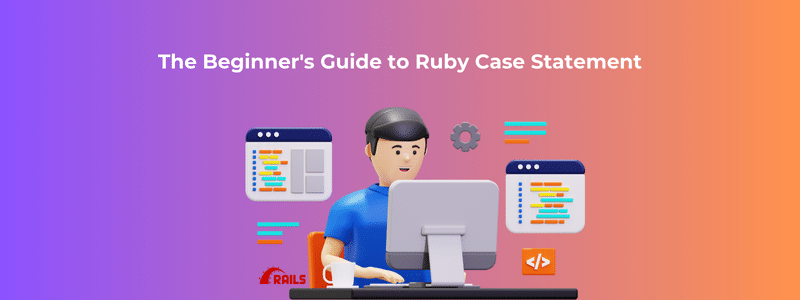Rubocop is a powerful static code analyzer for Ruby that enforces coding style and best practices. However, there may be instances where certain rules don’t apply or are too restrictive for specific pieces of code. In such cases, using Rubocop ignore comments can help maintain code quality while accommodating unique scenarios. This article discusses how to effectively use Rubocop ignore comments in your code.
What are Rubocop Ignore Comments?
Rubocop ignore comments are special directives you can place directly in your Ruby code to instruct Rubocop to skip specific offenses. This allows developers to write cleaner code without being penalized for rules that may not fit their particular context.
Examples of Ignore Comments:
# rubocop:disable Metrics/MethodLength # rubocop:disable Style/FrozenStringLiteralComment # rubocop:disable all
When to Use Rubocop Ignore Comments
While ignoring offenses can be useful, it should be done judiciously. Here are some scenarios where it might be appropriate to use ignore comments:
- Legacy Code: When working with legacy code that does not adhere to current Rubocop rules, you may choose to ignore specific offenses until the code can be refactored.
- Third-Party Code: If you are using third-party libraries or APIs that don’t follow your style guide, ignoring certain rules can help avoid unnecessary noise in your code.
- Special Cases: There may be cases where a rule conflicts with business logic or readability. In such situations, it can be more beneficial to ignore the rule than to force an unnatural code structure.
- Temporary Exceptions: When experimenting with new features or refactoring code, you might encounter temporary code that doesn’t conform to your style guide. You can use ignore comments while you work towards a cleaner solution.
How to Implement Rubocop Ignore Comments
Here’s a guide on how to effectively implement Rubocop ignore comments in your code:
- Identify the Offense: Before ignoring an offense, ensure you understand why it’s flagged. Run Rubocop and analyze the output carefully.
- Decide on the Scope of Ignoring:
Inline: If only a single line or specific piece of code triggers an offense, consider using an inline ignore comment:.
def example_method some_long_line_of_code # rubocop:disable Metrics/LineLength end
Block: For larger code blocks, you can disable rules for multiple lines:
# rubocop:disable Metrics/MethodLength def long_method # method implementation end # rubocop:enable Metrics/MethodLength
File Level: If an entire file doesn’t conform to specific rules, you can place ignore comments at the top of the file:
# rubocop:disable Metrics/ModuleLength class MyLongModule # implementation end # rubocop:enable Metrics/ModuleLength
- Document Your Reasons:
Always provide context for why you are ignoring a rule. This can be done using comments to explain the rationale, making it easier for others (or your future self) to understand the decision:
# rubocop:disable Metrics/MethodLength # This method is long due to necessary complex logic and cannot be refactored at this time. def complex_logic_method # implementation end
- Review and Revisit: Regularly review your ignore comments as part of code maintenance. Over time, you might find opportunities to refactor the code and adhere to Rubocop’s guidelines. Removing outdated ignores will help improve code quality.
- Use
.rubocop.ymlfor Global Ignoring: Instead of scattering ignore comments throughout your code, you can specify global ignore rules in your .rubocop.yml file for entire classes or files. This helps keep your codebase cleaner:
Metrics/MethodLength:
ExcludedMethods:
- my_long_method
Best Practices for Using Rubocop Ignore Comments
- Use Sparingly: Reserve ignore comments for genuinely justified cases. Overusing them can lead to a lack of code quality and inconsistency.
- Align with Team Standards: Make sure your team agrees on when and how to use ignore comments. Establishing a standard can help maintain consistency across the codebase.
- Keep Code Readable: While it might be tempting to ignore a rule for the sake of convenience, ensure that your code remains readable and maintainable. Prioritize clarity even if it means adhering to a Rubocop rule.
- Automate Code Quality Checks: Integrate Rubocop into your CI/CD pipeline to ensure any ignored offenses are monitored and addressed over time.
Conclusión
Using Rubocop ignore comments effectively can strike a balance between maintaining coding standards and accommodating unique code scenarios. By understanding when to use them, documenting your decisions, and regularly reviewing your code, you can maintain a clean and effective codebase without sacrificing quality. Always strive for a thoughtful approach to code quality, ensuring that your use of ignore comments aligns with your rails development goals and standards.





